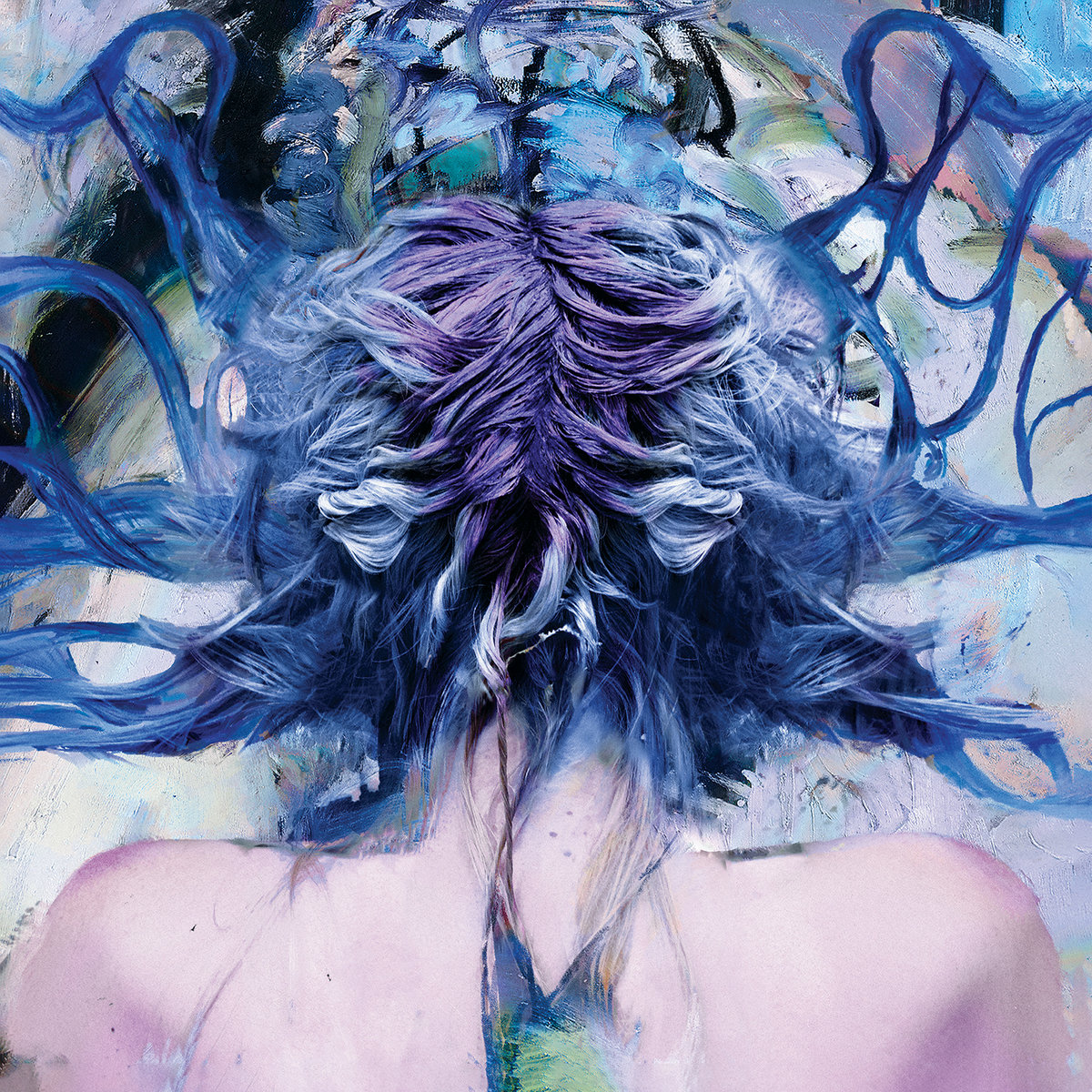Lyra Pramuk Delta

On Fountain, Lyra Pramuk explored the outer limits of the human voice. Constructed entirely from her vocal, the artist’s debut album acted as a study of the self and the body’s relationship to it. Her powerful performances and deftness as a composer were matched with innovative and startling electronic manipulations to morph her voice into a sonic landscape. The wordless incantations that made up its tracklist twisted classical and club sounds into new shapes. It’s a gorgeously operatic and otherworldly album, but the sole use of Pramuk’s vocal made it feel like a personal excavation first and foremost.
Delta reshapes Pramuk’s vocal once again, but for a whole new purpose. Where Fountain explored an inner world, this engrossing take on the remix album explores collaboration, vastness and regeneration. Twelve artists from across different continents and genre spectrums reinterpret the music of Fountain using familiar fragments of Pramuk’s voice.
Caterina Barbieri, KMRU, Ben Frost, Hudson Mohawke and Tygapaw are just a few of the musicians who take the reins on Delta. It’s an intentionally varied and overwhelming project, crammed with more than just one voice this time. Each artist leaves a mark. Where Fountain comprised a concise seven tracks, the remix album is over double that, and feels downright infinite as a result.
Somehow, it comes together as a unified piece. Valgeir Sigurðsson’s opening epic sets the tone, with a surprisingly faithful reimagining of ‘Witness’ from Fountain. Now, the song is carried by booming orchestral drums and a wider instrumental palette. Immediately following is Colin Self’s own reinterpretation of ‘Witness’, instead matched with busy hand claps, a shuffling beat and anxiously presented slices of Pramuk’s breathing. Having heard the same vocal pieces reused twice, Pramuk’s voice becomes disembodied, like a tool to be chiselled down before being melted and remoulded all over again.
That same feeling of dislocation happens again when the memorable vocal line from ‘Tendril’ is repurposed by Hudson Mohawke, Kara Lis Coverdale and Caterina Barbieri, back to back. All three remixes are compelling in their own right: Mohawke’s characteristically bombastic take is pure ecstasy, Pramuk’s vocal harmonies backed by celebratory midi strings and punchy drums; Barbieri instead constructs a dizzying web of synth arps and searing leads, in a hypnotic passage that feels like hearing the original bleeding into your dream world during REM sleep.
Eris Drew’s soothing duo of tracks bring Pramuk into her own trippy world, filled with spiritualism and cathartic dance grooves. Elsewhere, Ben Frost constructs an apocalyptic mantra out of a familiar melody we heard used to convey joy just a few songs before. It does so powerfully, with guttural and mechanical manipulations – but it’s the eerie disembodiment that once again is causing the shivers.
The album’s most affecting moment might be saved for a more traditional dance remix, though. Tygapaw’s ‘New Moon (In Pisces Rework)’ is a masterful piece of trance, propulsive, meditative and climactic in all the right places. Pramuk’s vocal threatens to overwhelm the mix at the five-minute mark, her passionate shouts erupting from each side. And yet the track keeps rising upwards, propelled by a steadfast kick drum.
We’re in a golden age of remix albums. From Jessy Lanza’s 24/7 Lanza rework to Róisín Murphy’s Crooked Machine, artists are finding inventive ways to reinterpret their full-length projects. What could just as easily be a shallow way to extend the relevancy of an album (and yes, it’s kind of that too), has been made far more interesting by the sheer quality of many of these projects.
But the project Delta reminds of most is SOPHIE’s Oil of Every Pearl’s Un-Insides Non-Stop Remix Album. It shares the same uncanny ability to unpick the inner fabric of an album and have it come unravelling all around us. Both projects magnify tiny moments, extrapolating them to show the infinite uses for the source sounds. If the face is the front of shop, the remix album removes the shell and peeks inside.
It’s impressive that Delta conveys these ideas through a long list of collaborators, not to mention a wordless approach to vocalisation. Like SOPHIE, Pramuk is an artist who giddily approaches sound, freely morphing herself into new forms. Here, she offers her voice up for others to use, becoming a shadow in the background, or a monolith towering above depending on the approach. Sometimes, her intent feels completely intact. In other moments, something entirely new is created.
Through it all, Lyra Pramuk remains the blueprint, a source of inspiration that ties the project together. The resulting album lives up to Fountain, and makes a strong case for the remix LP as far more than a handy tool for prolonging an album’s impact.